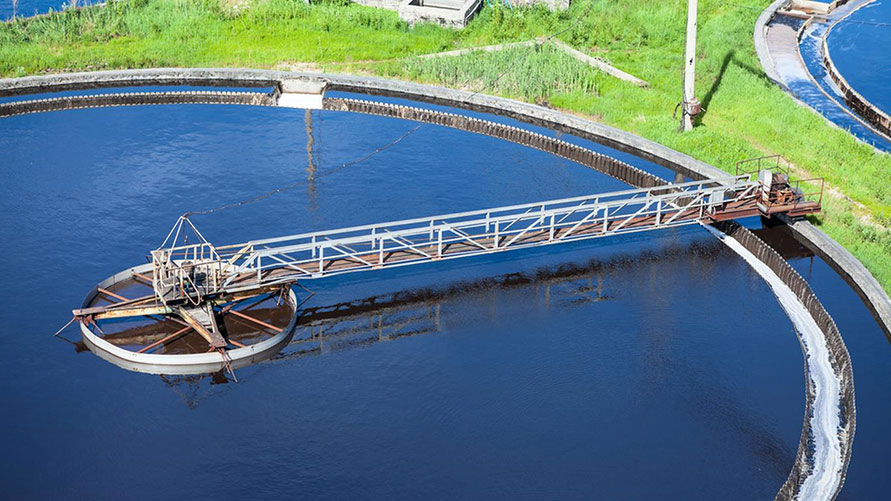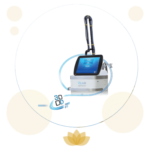
In the pharmaceutical industry, wastewater treatment is a crucial process that ensures that any potentially harmful chemicals and contaminants are removed from the water before it is discharged into the environment. Here are the general steps involved in treating wastewater in the pharmaceutical industry:






